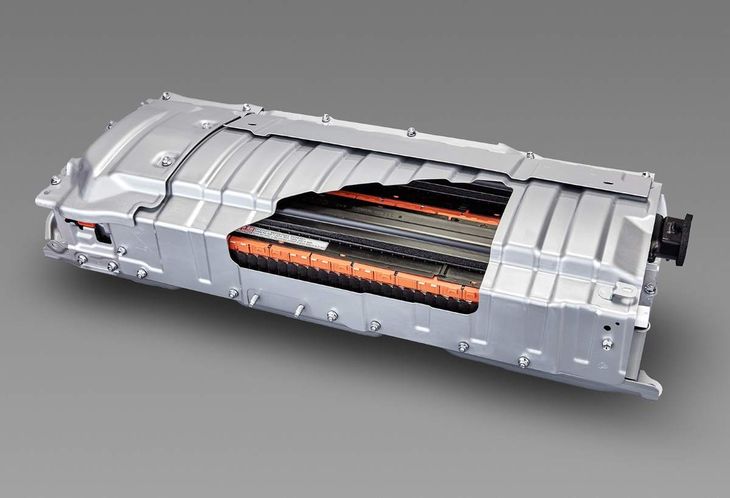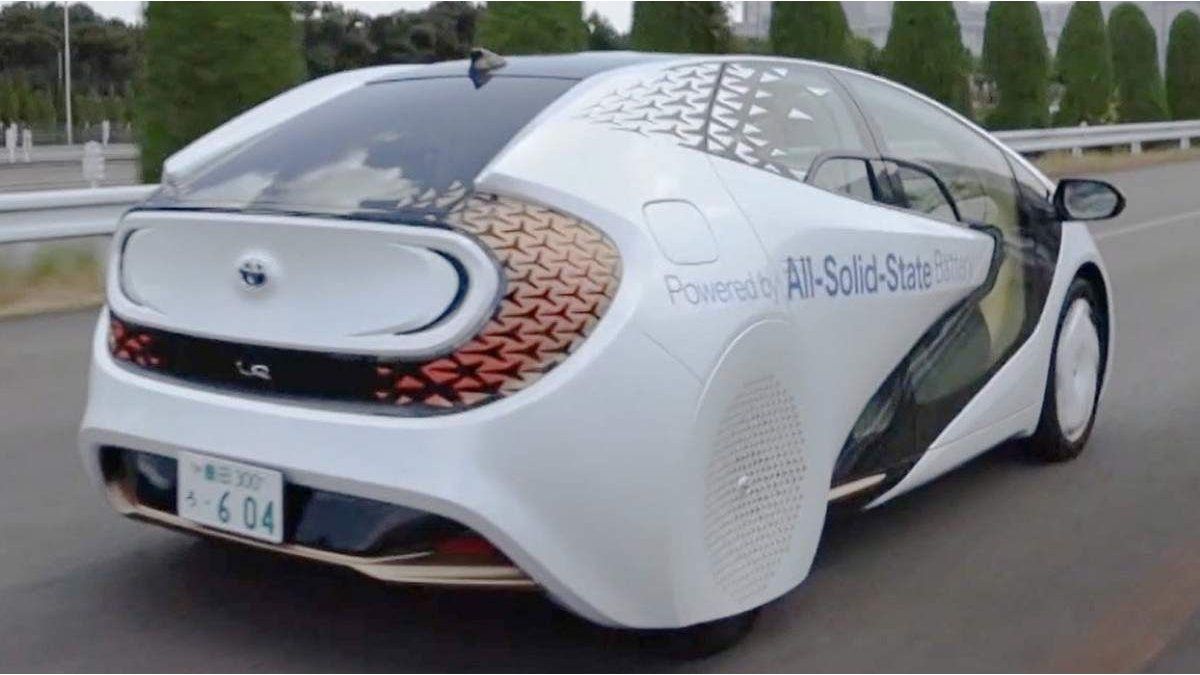Together with another recognized company from Japan, the automotive company is advancing a project that promises to revolutionize the future of electric mobility.
Toyota and Sumitomo Metal Miningtwo of the most emblematic companies in Japanthey advance together in a project that promises to transform the future of the electric mobility. Both companies are working on the development and mass production of cathode materials for solid-state batteries.a technology considered key to the next generation of electric vehicles (BEV).
The content you want to access is exclusive to subscribers.
A technology that redefines electric mobility
Unlike traditional lithium-ion batteries, solid-state batteries replace the liquid electrolyte with a completely solid one. This structural change offers notable advantages: higher energy density, faster recharges, longer useful life and a much lower risk of fire. Toyota expects its first models equipped with this technology to hit the market between 2027 and 2028.in what could mark a turning point for the global automotive industry.


The main challenge lies in improving the durability of cathode materials, as their degradation affects long-term performance. Since 2021, Toyota and Sumitomo have worked together on a more resistant formula, developing a compound based on innovative powder synthesis technology that improves stability during charge and discharge cycles.
toyota-battery

The main challenge lies in improving the durability of cathode materials, as their degradation affects long-term performance.
Sumitomo Metal Miningwith more than 20 years of experience in battery materials, plans to take this innovation to an industrial scale. The objective is to guarantee supply for a demand that will grow exponentially towards the end of this decade. In parallel, Both companies are working to reduce costs, improve energy efficiency and adopt circular economy practices to minimize environmental impact.
The commitment is not only technological: it involves rethinking the value chain, reducing dependence on critical metals such as cobalt and nickel, and ensuring sustainable and traceable production.
The push towards solid-state batteries occurs in a global context where environmental regulations are increasingly demanding. Japan incorporated this technology into its national green innovation planwhile Europe moves towards the goal of all new vehicles being zero emissions from 2035. Programs such as the Green Innovation Fund or the European Battery Passport reinforce the need for new batteries to be cleaner, more efficient and recyclable.
A future with greater autonomy and less impact
The benefits of this technology are clear: vehicles with ranges that could exceed 1,000 kilometers, ultra-fast recharging, a smaller carbon footprint and a longer useful life. Toyota estimates that its first solid-state batteries will offer up to 965 km of range, with a later version capable of reaching 1,200 km.
If the forecasts are met, the commercial launch planned for 2027-2028 could mark a before and after in global electric mobility, combining technological innovation, sustainability and industrial competitiveness.
Source: Ambito
I’m a recent graduate of the University of Missouri with a degree in journalism. I started working as a news reporter for 24 Hours World about two years ago, and I’ve been writing articles ever since. My main focus is automotive news, but I’ve also written about politics, lifestyle, and entertainment.




